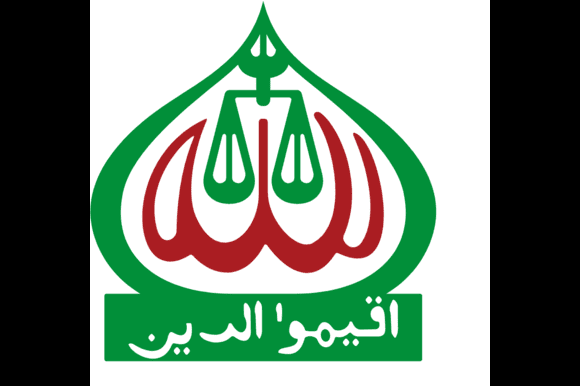In a landmark decision on Tuesday, Bangladesh’s Supreme Court overturned the death sentence of senior Jamaat-e-Islami leader ATM Azharul Islam, acquitting him of all charges in a war crimes case stemming from the country’s 1971 Liberation War against Pakistan.
The acquittal was handed down by the Appellate Division of the Supreme Court, where a full seven-member bench, headed by Chief Justice Syed Refaat Ahmed, announced the verdict clearing Islam of the charges. A state counsel confirmed the court’s decision and said that prison authorities had been instructed to release Islam immediately, provided he is not detained under other legal proceedings.
The ruling is final, with no legal recourse available in Bangladesh or any international forum to challenge the apex court’s decision, the counsel added. Islam, 73, a high-ranking figure in Jamaat-e-Islami—a party that opposed Bangladesh’s independence during the 1971 war—had been accused of participating in atrocities including genocide, rape, and murder during the conflict.
Islam was initially sentenced to death by Bangladesh’s International Crimes Tribunal (ICT), which was established in 2009 to investigate and prosecute those accused of crimes against humanity during the 1971 war. His conviction included multiple grave charges and had been upheld by the Appellate Division following a hearing on October 23, 2019.
Subsequently, on July 19, 2020, Islam filed a petition seeking review of the Supreme Court’s ruling. The petition presented 14 distinct legal arguments in an effort to overturn the earlier judgment. Following further legal scrutiny, the court ultimately decided to grant the appeal and acquit him.
Asif Nazrul, former Law Adviser during Professor Muhammad Yunus’s interim administration, welcomed the Supreme Court’s decision. In a social media post, he credited the acquittal to the impact of last year’s student-led movement that toppled the Awami League government under former Prime Minister Sheikh Hasina on August 5. “The credit for enabling this justice goes to the leaders of the July-August mass uprising,” Nazrul stated.
The ICT had previously sentenced six top Jamaat-e-Islami leaders and one senior figure from the Bangladesh Nationalist Party (BNP), led by ex-Prime Minister Khaleda Zia, to death after the Supreme Court upheld their convictions. These executions were part of the broader legal campaign initiated in 2009 to bring to justice those who collaborated with Pakistani forces during the war.
In a significant twist, Hasina and several members of her administration now face possible prosecution in the same tribunal that once tried war crimes committed in 1971. They are being investigated for alleged crimes against humanity in connection with last year’s violent crackdown on protestors during the uprising that led to the government’s fall.
Islam’s attorney, Shishir Monir, expressed relief and a sense of bittersweet fortune over the outcome. “He was lucky,” Monir said, “because the five other senior political leaders had already been executed, but he survived to receive justice.”






